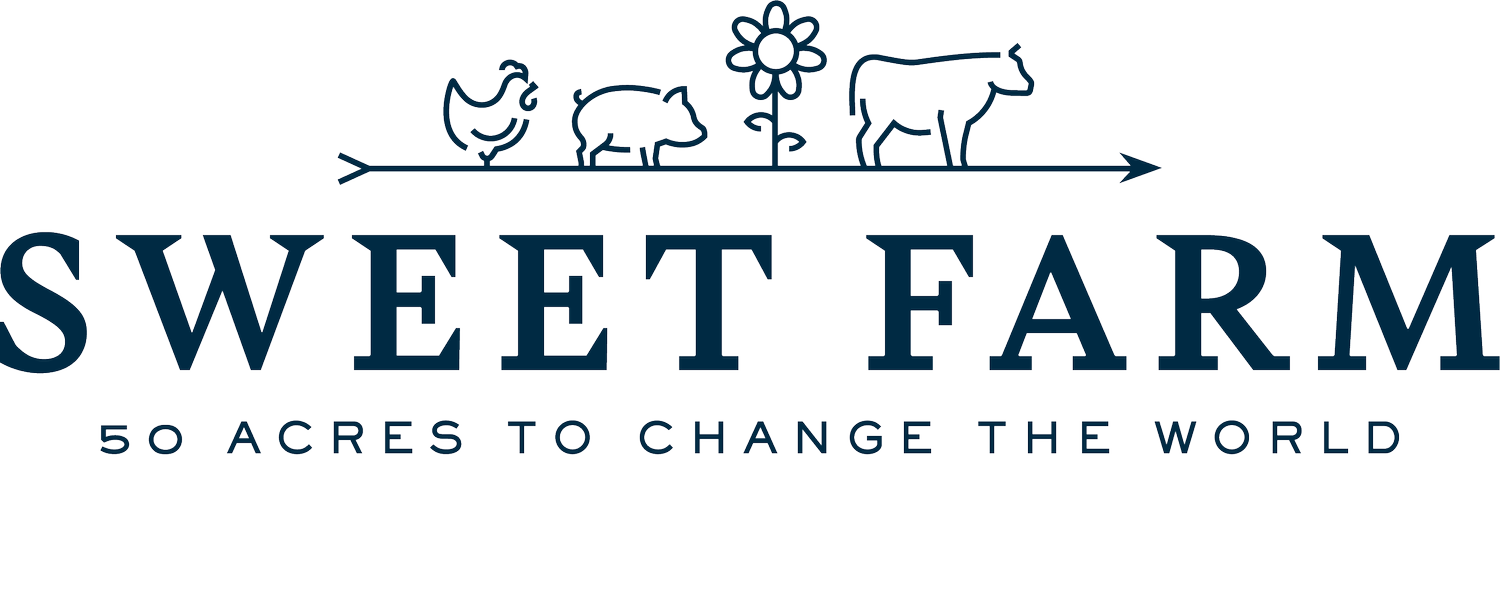Getting Your Garden Planted
May in the Garden - Deciding what to grow and why we grow heirloom
USDA Growing Zones Have Changed
That's right, in another nod to the effects climate change, the USDA updated growing zones in 2023. Check your new growing zone here! You may already be long past the danger of frost in your area!
Growing zones 4 and under will see their last frost dates this month! In our March gardening newsletter, we told you about all the veggies, flowers, and herbs that love cool weather! Here on the East Coast of the states, many folks don't bother getting their gardens in the ground until the danger of frost has passed (click here to find your planting date) so that they can put everything in the ground at the same time. But why make your life harder than it has to be??
If you are still waiting until your last frost date to get your garden going, don't! Get outside and get lettuces, onions, sweet peas, shell peas, spinach, root veggies, or brassicas planted and beat the rush! Then once the danger of frost has passed, you can get all your warm weather crops in the ground, ex.: tomatoes, peppers, eggplant, zinnias, basil, marigolds, squash, cucumbers. That way you can spread out the work over multiple weekends and not overwhelm yourself. Gardening should be fun and relaxing, not stressful.
Time to hit the garden center! Know what to look for:
If you didn't have time or desire to start seeds earlier in the season, you will likely be heading to your local garden center or big box store for plant starts or seedlings to fill out your garden beds. Here are some things to look for when buying veggie and herb plants for your garden:
Taller plants aren't always better! If the plants have long stems, it can mean they are "leggy," or stressed and stretching for sun
Check the roots to make sure they are not crowded or "root-bound"
Avoid plants that are already in bloom
Look for varieties that say "heirloom" instead of "F1" or "Hybrid" - they will have better flavor and nutrition, and you can save their seeds to plant next year! (Learn more about why we grow heirloom)
If you aren't sure which plants look the healthiest, ask staff or other shoppers for help! People love talking about gardening!
Check out more in-depth information on selecting plant starts at this link
Here's what we are planting in the ground outdoors in May, after the danger of frost has passed:
Veggies: beans (direct sown), tomatoes (transplants we started in the greenhouse), peppers (transplants), eggplant (transplants), zucchini (transplants), cucumbers (transplants), winter squashes and gourds (transplants and direct sown), corn (direct sown), melons (transplants), pumpkins (direct sown)
Flowers: dahlias (tubers stored over winter and sprouted indoors), asters (transplants), gomphrena (transplants), amaranth (transplants), calendula (transplants), celosia (transplants), cosmos (transplants and direct sown), foxglove (transplants), marigolds (transplants), nasturtium (transplant), scabiosa (transplants), snapdragons (transplants), strawflower (transplants), sunflowers (direct sown), zinnias (transplants)
Herbs: cilantro (transplants), dill (transplants), basil (transplants), chamomile (transplants), borage (transplants)
Berries: strawberries (bare roots), blueberries, gooseberries, currants
Local to the Finger Lakes of New York?
We've got your garden covered! Check out our giant sale of plant starts and seedlings for your garden, three consecutive weekends in May-June!
May 25 & 26 - Sat & Sun
June 1 & 2 - Sat & Sun
June 8 & 9 - Sat & Sun
10am - 4pm or until sold out!
Where: Sweet Farm, 210 Hall Road, Himrod, NY 14842
Featuring rare and unique varieties of veggies, flowers, and herbs that you won't see at your local garden center! PLUS - your purchase supports the care of our rescued animals.
Heirloom vegetables of all types
A dazzling variety of annual (and some perennial) flowers
Rare and unique herbs, and varieties of familiar herbs you haven't seen before!
Why grow heirloom?
Choosing to grow heirloom garden varieties over hybrids can offer a multitude of benefits. Heirloom plants, with their rich history and diverse genetic makeup, often boast unique flavors, textures, and appearances that can't be replicated by hybrids. By cultivating heirlooms, gardeners contribute to preserving biodiversity and safeguarding rare plant varieties from extinction. Additionally, heirlooms typically adapt well to local climates and soil conditions, fostering resilience and reducing the need for chemical inputs. Moreover, saving seeds from heirloom plants allows for self-sufficiency and the continuation of time-honored gardening traditions. Ultimately, opting for heirloom garden varieties ensures a deeper connection to the land, promotes sustainability, and celebrates the cultural heritage embedded in these cherished plants.




